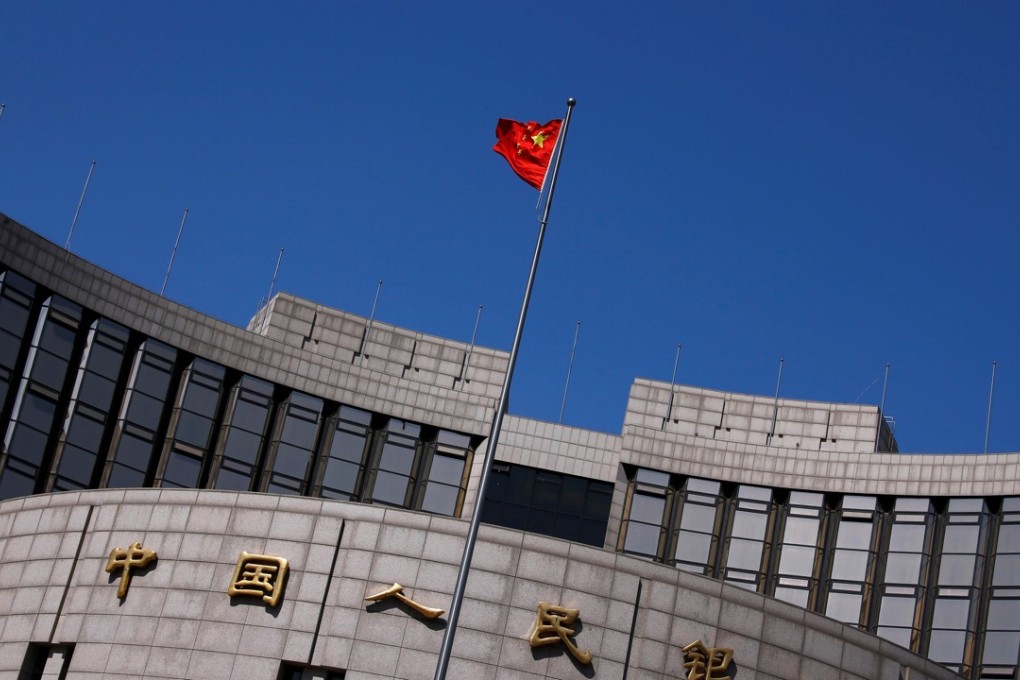China seeks to rein in overseas investment with 36-point code of conduct for private firms
Beijing tells companies to report their spending plans before signing deals, warns them against engaging in money laundering

Beijing has imposed a 36-point code of conduct for the country’s private enterprises to follow in overseas investments as the government seeks to clip the wings of China’s most aggressive global deal makers.
According to the rules issued on Monday by five Chinese governmental bodies, private enterprises must make deals abroad “in line with their own conditions and capabilities” and report their investment plans to the Chinese authorities beforehand for “record-keeping” and, if the investments involves sensitive countries or businesses, “approval”.
Private firms are specifically told not to use “fraudulent overseas deals” to obtain foreign exchange, not to transfer assets abroad and warned against getting involved in money laundering.
They are also told to be cautious about “high leverage” deals and offshore financial derivatives, according to the regulation published by the National Development and Reform Commission, the country’s top planning agency.
The other four government agencies involved in making the rules are the commerce and foreign affairs ministries, the People’s Bank of China and the All-China Federation of Industry and Commerce.